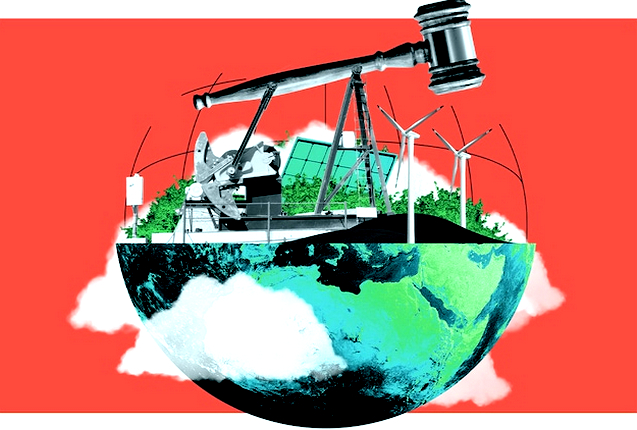Plans are in place to increase global coal capacity by almost a third of the 2019 total despite global ambitions to abandon it to reduce greenhouse gas emissions and meet the Paris Agreement goal of limiting global warming to 1.5 degrees.
The Mount Arthur coal mine near Muswellbrook in the Upper Hunter. Credit: Janie Barrett
The new coal capacity of 2277 million tonnes per annum, which includes both mines planned and those under construction, runs contrary to the International Energy Agency’s roadmap to global net zero emissions by 2050, which shows the world would need to reduce capacity by 11 per cent a year over the coming decade to hit Paris Agreement targets.

|
Australia is one of the four nations with the biggest plans for new coal development, along with China, India and Russia. Together the four nations have 1750 million tonnes of coal mine capacity in the pipeline, or over three-quarters of the global total.
The world’s largest energy conglomerates, such as Glencore, Mechel, and BHP, remain invested in new mines and mine expansions, though small and independent firms have shown the greatest appetites for new projects, especially in Australia and Russia.
Climate policy 
|
|
Climate concerns resume rise as coal mine ban draws support, Lowy
says
|
The report’s chief author Ryan Driscoll Tate said demand for coal is plummeting and financing for new coal projects is drying up.
“New mines and expansions of existing mines will be producing coal for a world in which coal is unviable economically and untenable for the environment,” he said.
The report comes as the Group of Seven wealthy nations increases its efforts to step away from coal. In May the G7 announced its members had agreed to end international finance of coal projects that emit carbon by the end of the year and to phase out all fossil fuels.

|
|
The Welzow-Sud open-cast coal mine in Germany’s Brandenburg state.
Credit: The New York Times |
United Kingdom Prime Minister Boris Johnson, who is the host of both the G7 summit and this year’s COP26 climate talks in Glasgow, is expected to use the summit to push for increased climate action, particularly from Australia which is yet to announce a more ambitious 2030 emissions reduction emissions target.
The COP26 president Alok Sharma said in a speech in mid-May, “If we are serious about 1.5 degrees, Glasgow must be the COP that consigns coal to history… we are working directly with governments, and through international organisations, to end international coal financing. This is a personal priority. And to urge countries to abandon coal power, with the G7 leading the way.”
Prime Minister Scott Morrison has emphasised Australia’s preference to get to net zero by 2050 and the government’s so-called technology roadmap to achieve emission reductions without increasing taxes.
Climate policy 
|
|
Britain’s top diplomat to Australia urges more climate ambition
as Morrison vows to do it our way
|
“You can have a roadmap to lose 10 kilos in six months, but if you’re not exercising now and if you’ve got no plans to start, it’s really hard to see how you are going to get there.”
She said Japan’s support for the G7’s declaration was particularly significant for Australia because it signalled a shift away from coal for Australia’s biggest coal customer.
Japan imports 170 million tonnes of coal each year, around 60 per cent of it from Australia, and burns around twice as much Australian coal as Australia does, according to a new report released by the Australia Institute this week.
Japan has 162 coal-fired power plants operating and a further 16 are planned for the future.
At a US-Japan Leaders’ summit in April, US President Joe Biden and Japanese Prime Minister Yoshihide Suga signed the US–Japan Climate Partnership on Ambition, Decarbonization and Clean Energy.
Japan announced it would cut its GHG emissions to 46 per cent below 2013 levels by 2030, with the aim of achieving a 50 per cent reduction.
Links
- (AU The Conversation) Four seismic climate wins show Big Oil, Gas and Coal are running out of places to hide
- (USA NYT) Big Setbacks Propel Oil Giants Toward A ‘Tipping Point’
- (AU SMH) False Prophets And Snake Oil Will Fail Coal Communities
- (UK The Conversation) Climate Change: Six Priorities For Pulling Carbon Out Of The Air
- (AU SBS) Australia Accused Of Being 'Out-Of-Step' On Climate As G7 Agrees To Stop International Funding For Coal
- (UK Financial Times) G7 Agrees To Stop Overseas Funding Of Coal To Limit Global Warming








